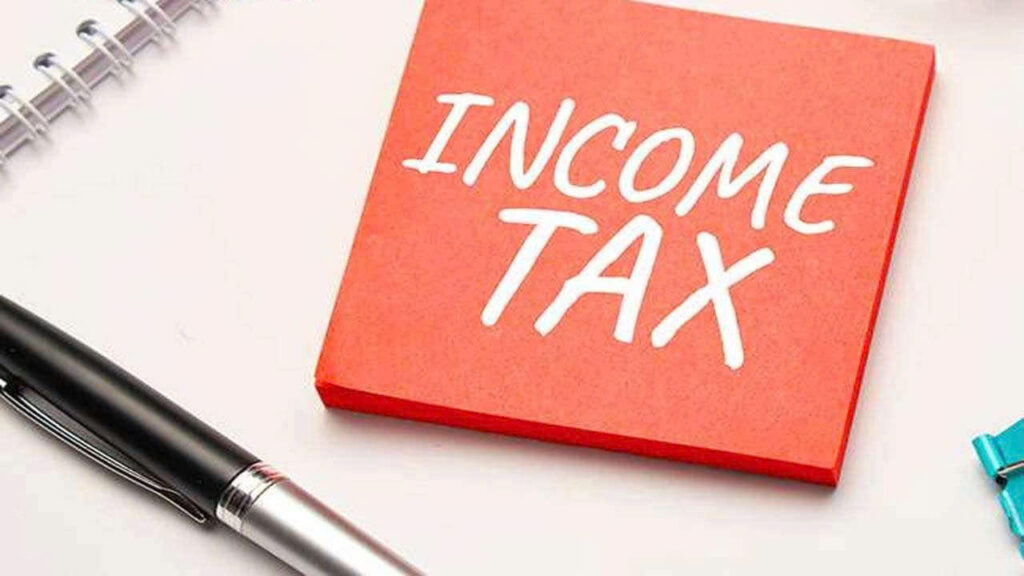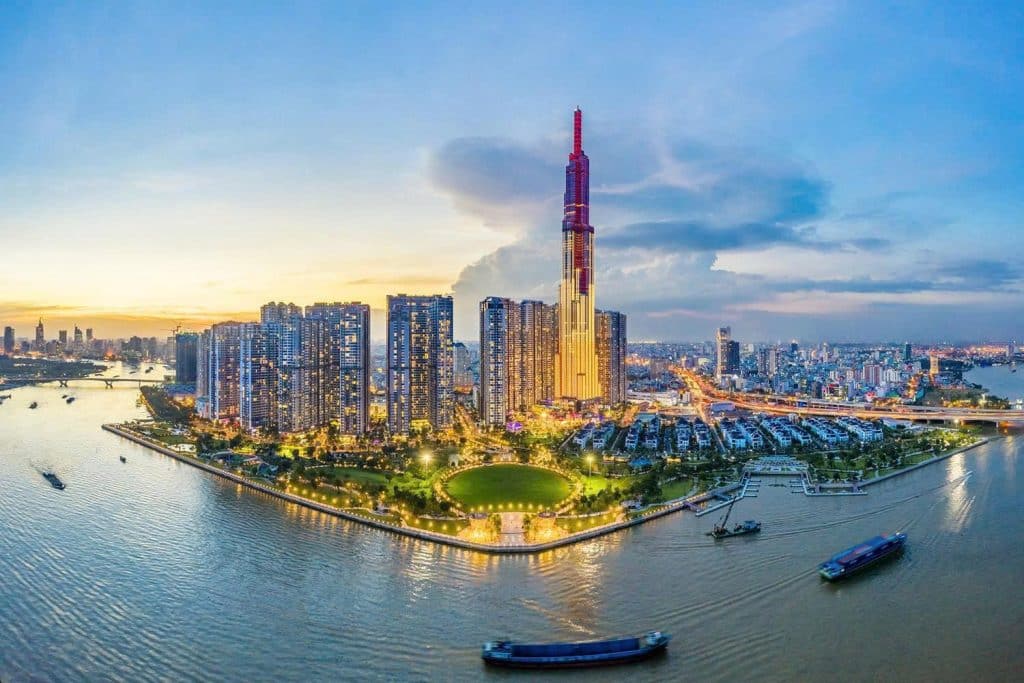Thinking of working remotely from the beautiful landscapes of Vietnam? You’re not alone. Vietnam has become a popular hub for digital nomads and foreign remote workers. However, understanding the legal framework is crucial to ensure a smooth and compliant stay. This guide will walk you through the key legal considerations, from visas and taxes to labor laws.
Disclaimer: This article is for informational purposes only and does not constitute legal advice. You should always consult with a qualified legal professional in Vietnam for advice tailored to your specific situation.
Navigating Visa & Work Permit Requirements
This is often the first and most critical legal consideration for any foreign remote worker. The type of visa you need depends on your work status and how long you plan to stay.
Understanding Your Visa Options

- The Tourist Visa (DL): This is the simplest option for short stays, typically 30-90 days. While it allows you to stay in Vietnam, it does not legally permit you to work, either remotely or locally. Many digital nomads use this visa, but it’s a gray area.
- The Business Visa (DN): A business visa is a more appropriate choice for remote workers, as it allows you to legally conduct business-related activities. However, it still doesn’t constitute a formal work permit. You’ll need a sponsoring company in Vietnam to apply.
When Do You Need a Work Permit?
According to the Vietnam Labor Code, all foreigners working in Vietnam for an employer—whether local or foreign—must have a work permit. This applies even to remote workers, as the location of work (Vietnam) is the key factor. There are, however, some exemptions:
- Working for less than 30 days and for a maximum of 3 times per year.
- Being a board member, chief representative, or having certain professional qualifications.
Tax Obligations for Remote Workers

Understanding your tax responsibilities in Vietnam is essential to avoid penalties. The tax system can be complex for foreign nationals.
Personal Income Tax (PIT) for Digital Nomads
- Tax Residency: Your PIT obligations depend on whether you are considered a tax resident of Vietnam. You are a resident if you stay in Vietnam for 183 days or more within a 12-month period.
- Tax Rates:
- Tax Residents: Subject to progressive tax rates from 5% to 35% on their worldwide income.
- Non-Tax Residents: A fixed 20% tax rate applies to all income earned inside Vietnam.
Tax for Freelancers and Foreign Companies
If you are a freelancer working with clients outside of Vietnam, you are still required to declare your income and pay PIT. If you are a foreign company with remote employees in Vietnam, you may have obligations to withhold taxes and contribute to local social insurance funds, as per the Vietnam Labor Code.
Employment Contracts & The Vietnam Labor Code

The type of contract you have plays a significant role in your legal standing as a remote worker.
Employment Contract vs. Service Contract
- Employment Contract: If you are formally employed by a company in Vietnam, you will have an employment contract governed by the Vietnam Labor Code, which provides legal protections regarding working hours, holidays, and termination.
- Service Contract: Many freelancers and remote workers operate under a service contract. This is a civil contract between you and a client, not an employment relationship. It’s crucial to have a well-drafted contract to protect yourself.
Social Insurance and Other Considerations

- Social Insurance & Health Insurance:
- According to Vietnamese law, foreign employees with a work permit must contribute to social insurance and health insurance.
- This includes both employer and employee contributions, covering sickness, maternity, and retirement benefits.
- Temporary Residence Registration:
- All foreigners staying in Vietnam, regardless of their visa status, must have their temporary residence registered with the local police. This is typically handled by your hotel, landlord, or a sponsor.
Working remotely from Vietnam is a fantastic opportunity, but it comes with legal responsibilities. The key takeaways are:
- Choose the appropriate visa for your work and stay.
- Understand your tax residency and file your Personal Income Tax correctly.
- If you have an employer, ensure you have a valid work permit.
- Seek professional legal advice from an expert specializing in labor and immigration law in Vietnam to ensure full compliance and peace of mind.
RELATED: Digital Nomad in Vietnam: Best Cities, Costs & Tips
Remote workers in Vietnam must carefully navigate the local legal framework, particularly concerning visa requirements, taxation, and labor laws. While the country offers immense opportunities, compliance is crucial. Ensuring you hold the correct long-term visa (such as a business or investment visa), registering for tax purposes if your stay exceeds 183 days, and understanding local contract regulations will ensure your time in Vietnam is both productive and legally sound. Prioritize planning and consultation with local experts to maintain compliance and fully enjoy your remote work experience.
















